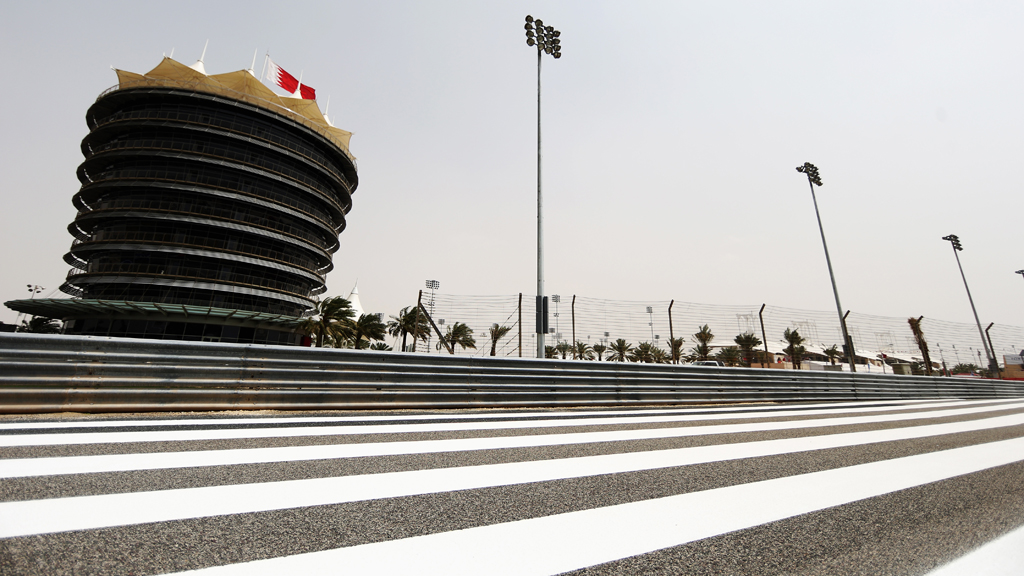Has Bahrain’s human rights situation really improved?
The political and human rights environment in Bahrain ahead of this weekend’s grand prix is much calmer than in 2012 or 2013, argues Mohammed Al Sayed of the pro-government Citizens for Bahrain group.

You wouldn’t know from watching the media, but the situation in Bahrain as the grand prix circus rolls into town is almost unrecognisable from what it was just a year ago. In 2014 Formula One once again feels like a normal sporting event, writes Mohammed Al Sayed.
In 2012 opposition supporters tried to get the grand prix cancelled. The event went ahead, but in a heightened sense of uncertainty. The opposition tried similar tactics with less success in 2013.
We’ve had little of this in 2014. Security measures have been relatively relaxed and the opposition seems to have been rather disjointed in its activities. So for most Bahrainis and the tens of thousands of visitors, this has the feeling of a regular sporting event. Politics and human rights concerns have taken a back seat.
For another view, read: is grand prix a lose-lose race for Bahrain's royal family?
Minor disruption
The political environment in Bahrain is much calmer. The rioting and related incidents are mostly small scale, only presenting a minor disruption in specific areas as the sides embark on a new round of the “national dialogue”.
More restrained policing, which greatly reduced casualties and human rights violations over the past couple of years, is partly due to the reforms of the security and justice sectors and extensive retraining of police.
It was notable in Amnesty International’s report ahead of the grand prix that the incidents they referred to occurred a year or more previously. Even opposition groups have failed to provide credible abuse allegations from recent months.
Opposition ‘propaganda’
This doesn’t mean that the situation is wholly normal. Police casualties have risen, with four policemen recently killed by explosives. It is dishonest of the opposition to claim that arrests of those plotting and executing terrorist attacks are “human rights violations”, just as it is wrong for them to present acts of rioting and violence as “peaceful protests”.
It is likewise wrong for international observers to buy into the opposition’s propaganda of seeing everything in Bahrain through the perspective of “human rights violations”. Islamist opposition groups exploit this human rights narrative relentlessly to try and destabilise Bahrain’s constitutional monarchy and advance their own intolerant agenda.
The majority of Bahrainis support continued reform, but oppose the opposition’s revolutionary objectives. We see instability and violence in Egypt, Syria and Libya, and it’s clear to us that Bahrain should not follow the path these states have taken.
Mohammed Al Sayed is a spokesperson for Citizens for Bahrain
-
Latest news
-
Post Office scandal: workers react to ex-CEO Vennells at inquiry4m

-
Election 2024: what voters think of Rishi Sunak announcement3m

-
Post Office inquiry: former boss Vennells admits evidence was false5m

-
‘We are going after every vote we possibly can’, says deputy leader of Liberal Democrats4m

-
What’s the mood in Wales for an early general election?7m

-




